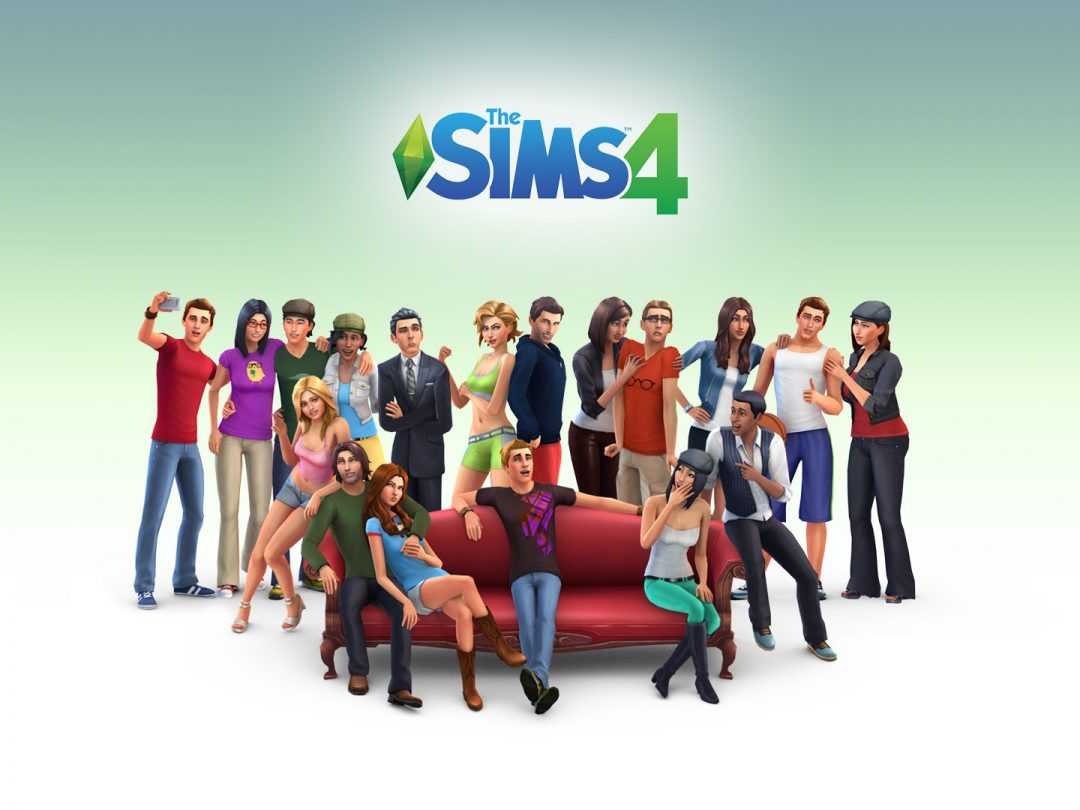The Sims Retrospective

Do sales make a game? As our favourite interactive medium devolves into a circus of sequels & repetition (save for the occasional original title like Watchdogs or Remember Me) the following question couldn’t be more appropriate: at the end of the day, is the thing that matters most cold, hard cash? For most publishers, the answer would be a resounding ‘yes’. With most economies in tatters, keeping a business afloat is challenging to say the least. Fortunately, with a loyal fan base and ever growing social connections, the computer game industry ploughs on (I’m tempted to talk about how the ‘free to play’ market is killing console gaming, but that’s a conversation for another time).
The point I’m dancing around here is that no matter how inventive or original it may be, some software just doesn’t get the recognition it deserves. Titles such as Beyond Good & Evil, Homefront and Valkyria Chronicles; all games bursting at the seams with ideas but in no way receiving the sales margins their creativity warrants. Of course, there are titles that spit in the face of such convention; games that navigate past industry trends and manage to sell as many units as they get good reviews. And if we’re talking about raw selling power and the ability to rake in the cash on a monumental level, no one can out-do the almighty ‘Sims’.
We gamers are a lucky bunch. The mouse/keyboard combo lends itself to some exceptionally precise gameplay, with genres such as the FPS, RTS and MMORPG all benefiting greatly from said hardware. Let’s zero in on a subgenre within Real-Time Strategy: ‘God’ games. Popularised by industry pioneers such as Peter Molyneux, ‘God’ games are the very definition of control and are power trips in their purest form. Whether you’re micromanaging the economy of a town or catering to the every whim of your overgrown creature, ‘God’ games are thoroughly engrossing, with an appeal that’s undeniable. It’s no wonder then that when veteran designer Will Wright stumbled into the computer game world, he knew exactly how to tickle our fancy.
Wright has been innovating and succeeding in this industry for decades. Making a name for himself on the PC so many years ago, Will established development team Maxis’ credibility through seminal franchise Sim City. Allowing players to manage every facet of an ever-growing populace, Sim City was as detailed as it was intricate and made for a brilliant RTS back when the isometric viewpoint reigned supreme. Following its triumph, Mr Wright turned to his cohorts one day (probably a Wednesday) and asked the question ‘what if we take this one step further?’ And so The Sims was born.
A prototypical spin-off, The Sims was a scaled down version of its big brother, taking the model of Sim City but then pressing the zoom function on the magnifying lens. Players designed and then took control of their very own family unit (given free reign with everything from hair colour to job preference) and let them loose in a miniature soap opera that made Eastenders look tame in comparison. The joy of The Sims wasn’t just the character creation feature (detailed as it was) but the measurement of control you could exact on the game. If you wanted your avatar to thrive in every way possible the freedom was there to manage their every move. Alternatively, if you’d had a bad day at school/work and just wanted to exact carnage on the people in your virtual world, you could turn the game on, order a pizza and watch the fireworks fly (or the oven the burn your house to the ground – this happened way too often). The Sims wasn’t really an RTS or management game, more of a depiction of your inner soap star. It was voyeurism on a mass-market level, crammed into a single DVD and charged to you at £30 a pop.
Almost overnight the title was a raging success. Sales of the game skyrocketed, putting The Sims at the top of the weekly sales charts and keeping it there for months on end. It was clear that Maxis had tapped into something gamers didn’t even know they wanted but now were obsessing over on a weekly basis.
A lot of people I knew took Will Wright’s title on face value; a simulated, never-ending alternative to the real life that’s novelty was only good for the uninitiated gamer. Nothing could have been further from the truth. The Sims was a cleverly crafted exhibition of our deepest wants and desires, a precursor to all the avatar/Gamertag labeling integral to the modern consoles (and maybe even to Facebook also). There were substance and social commentary, mixed in with the usual elements that made a good game sell. Ultimately, whether you love the series or hate it, there’s no denying the impact the titles have had on the industry. The Sims may not be the best game ever made, but it’s definitely one of the most important…







